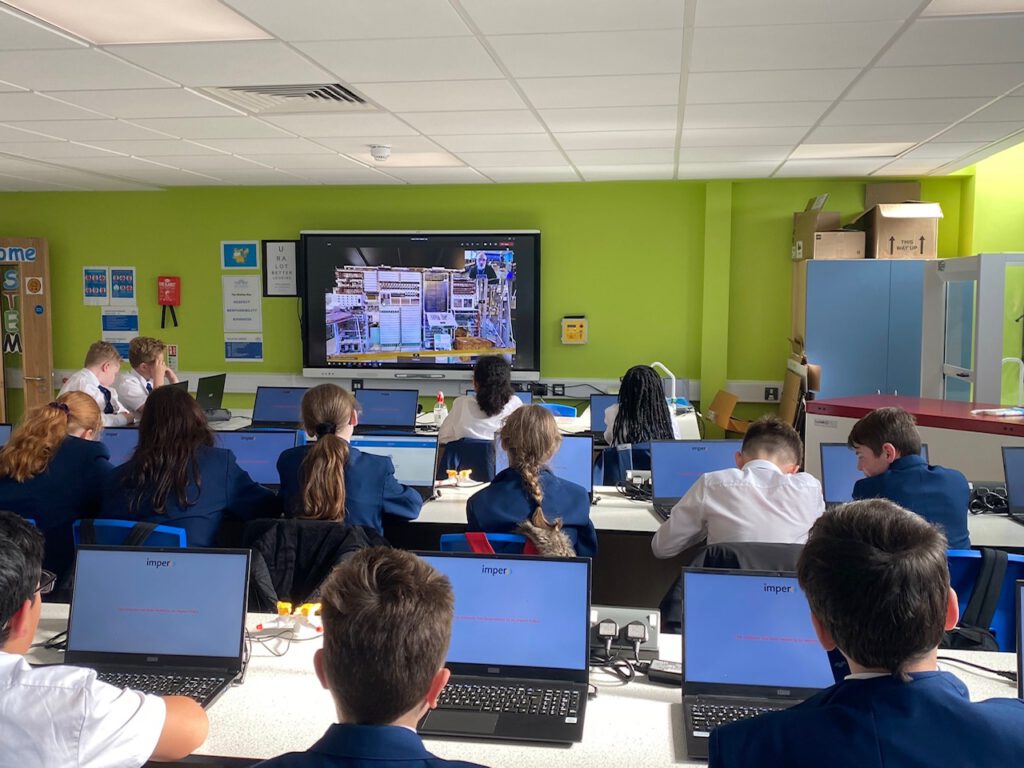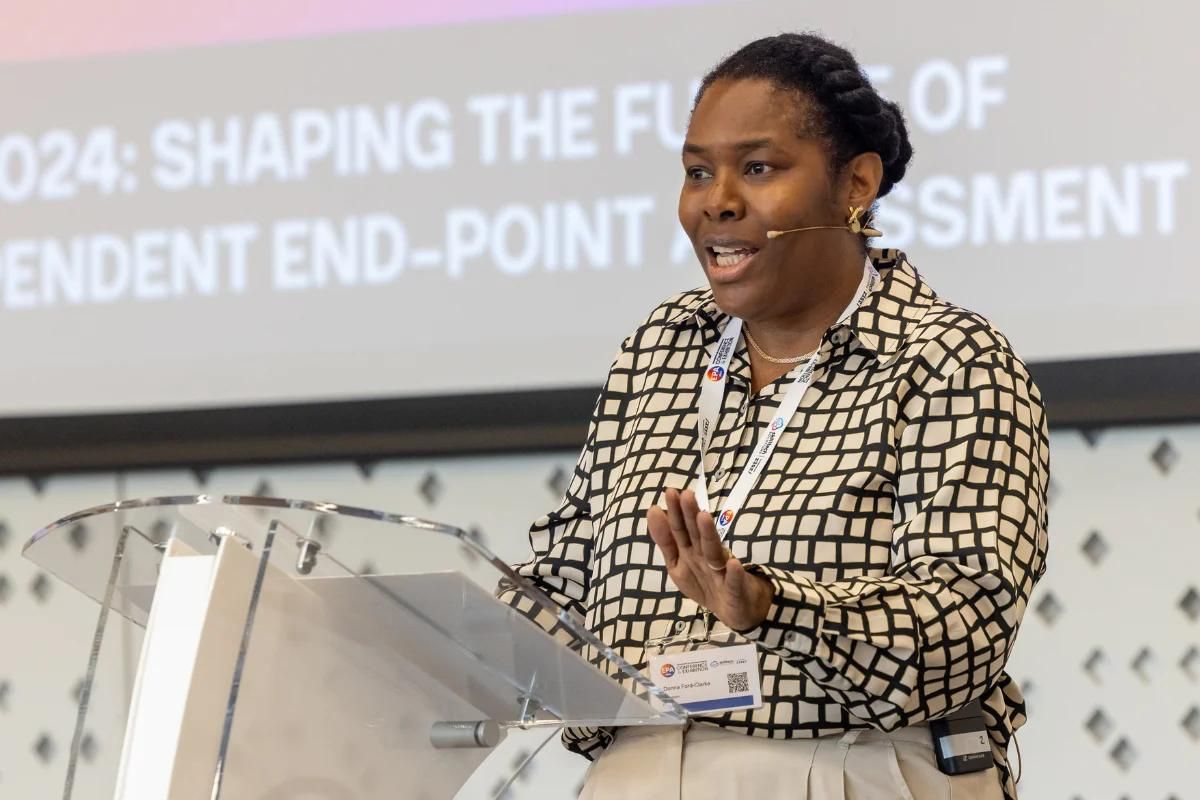The National Museum of Computing extends new online remote learning packages to help underprivileged students

Thanks to sponsorship from consulting and telecoms firm, Flint, the museum is offering free remote learning packages to 200 underprivileged students from across the UK
The National Museum of Computing (TNMOC), an independent charity, announced its new online remote learning packages which go live on went live last week. The remote learning packages extend the highly successful in-person programmes, reimagined for the online learning world, giving students an interactive and fun experience with STEM subjects during a difficult time for teaching.
For the museum’s online remote learning programme, they are offering 90-minute sessions with two themes to choose from: World War II codebreaking or modern electric computing – as well as the choice to do both. The programmes can be tailored not only to support schools but also universities, colleges, home education groups and academics. This also includes a 45-minute tour and 45-minute hands-on interactive session.
Karl Bartlam, Computing Hub Lead and Computing Teacher for Watling Academy, who’s class participated in the remote learning pilot programme, said:
“Our students were very responsive to TNMOC’s remote learning programme. They described it as fun and felt like they were actually in the museum. The museum’s presenters were informative and clearly knew their stuff, answering all the questions the students had. It was a fantastic activity that gave our students that field trip feeling, from the safety of our classroom. We would highly recommend it to other teachers.”
As a charity, the museum is always focused on how it can give back, and this still applies when it comes to their remote learning programme. TNMOC, with sponsorship from Flint, will provide the remote learning programme to students from underprivileged backgrounds and areas from all across the UK.
The aim of the sponsorship and programme is to help encourage more students to engage with STEM subjects and to inspire the next generation of software developers, hardware engineers and beyond. With the sessions hoping to give students a deeper understanding of the technology around them and show that they too can be involved in developing the technology of the future.
Keith Barker, Founder of Flint, commented;
‘The UK has a great tradition in computing and technology. By supporting The National Museum of Computing we’re trying to give back a little to our industry and spark excitement in young people to help develop the next generation of engineers. I was lucky enough to serve a technology apprenticeship, and we have a small apprenticeship programme running in Flint. In our small way, we want to help grow the competence in our technology sector for the betterment of all.’
On the museum’s new remote learning packages, Education Coordinator for TNMOC, Anne-Marie Langford says:
‘the new remote learning packages provide expert knowledge and access to the museum’s collection from the safety and comfort of your classroom or learning space. The packages give students a positive learning experience which differs from the usual classroom lesson, offering first-hand insight into key STEM concepts, leaving students with a new-found perspective and, hopefully, inspiration to get more involved in STEM.’








Responses